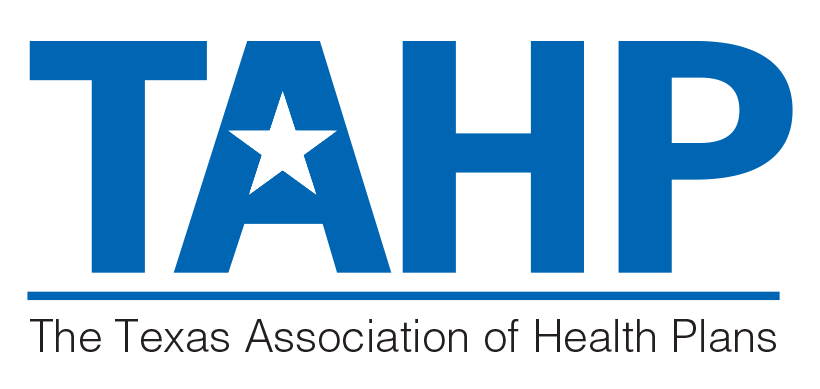
Medicaid Monday: Texas Medicaid MCOs Work Beyond the Walls of a Doctor’s Office
Complete Coverage

By: TAHP | Monday, April 19, 2021
April 19, 2021
Today’s Texas Medicaid health plans provide more than health care coverage—they connect Texans to the personalized care and support they need to stay healthy and live their lives to the fullest. Texas Medicaid health plans also provide services that go beyond the walls of a doctor’s office, including helping with transportation, coordinating meals, helping with housing and navigating challenges at school and work.
The COVID-19 crisis has drawn increased attention to how social risk factors like socioeconomic conditions affect our overall health. During COVID, Texas Medicaid managed care plans have seen a 69% increase in food insecurity, a 62% increase in inadequate employment, and a 38% increase in unsafe or unstable housing among members. Texas Medicaid managed care is addressing these issues during the pandemic and beyond.
These social determinants, defined by the conditions and environment where individuals live, drive 80% of health outcomes. These socioeconomic barriers, or “social determinants of health”, include inadequate access to nutritious food, lack of affordable housing, lack of convenient and efficient transportation options, limited opportunities for quality education and meaningful employment, limited broadband access, and more. The results can often be poorer health outcomes, more hospital admissions, and higher health care costs.
Texas Medicaid health plans have a unique opportunity to address the social risk factors that disproportionately impact these vulnerable populations.
Texas Medicaid managed health plans, local health care and social service providers, community organizations, and other partners are rallying together to innovate and build new service delivery models to deliver critical resources to people experiencing socioeconomic need. Initiatives to support vulnerable communities include new food distribution models, helping Texans secure employment, removing transportation barriers, providing digital resources to telehealth, and securing emergency temporary housing.
A growing number of states are implementing solutions to address social barriers to health, including finding ways to use existing managed care rate setting tools to incentivize health plan investment. In a recent survey of Texas Medicaid health plans, the three top solutions identified for addressing social barriers to care in Texas Medicaid were: covering benefits that address social barriers such as transportation and meals, incentivizing Medicaid managed care plans to invest in solutions that address social barriers, and building these efforts to address social barriers into the Medicaid managed care rate setting process.
Recognizing the growing interest of state Medicaid programs to find ways to address social barriers to healthcare, in January 2021, the federal Centers for Medicaid and Medicare Services released a Roadmap for States to Address the Social Determinants of Health to Improve Outcomes, Lower Costs, Support State Value-Based Care Strategies. The guidance encourages the incorporation of value-based strategies across healthcare systems allowing states to provide Medicaid beneficiaries with efficient, high-quality care, while lowering cost and improving health outcomes.
Thanks to flexibility of Medicaid managed care and their own private investments, Medicaid health plans and their community partners have made progress in addressing health-related social needs, but there are more opportunities to address these social barriers this legislative session.
HB 4365 would allow Texas to develop a Medicaid pilot program focused on addressing more social determinants of health as a way to achieve cost savings—and more importantly—better health outcomes. TAHP supports HB 4365 and recommends that Texas explore ways to incentivize and allow Medicaid coverage of services that help address social needs, improve health and social outcomes, and reduce long-term health costs.
Medicaid is an essential safety net and has unique opportunities to address the health-related social needs of vulnerable populations. Texas Medicaid health plans are committed to working with the Texas Legislature and HHSC to address the underlying root causes of poor health for those most in need.
To learn more, see TAHP’s one pager on SDOH and other Medicaid resources.
Stay updated on the latest TAHP news

Articles written by TAHP’s team of policy experts that examine the research, trends, and impact of the most important health care policy issues facing Texas and the country today.

Weekly news clips assembled by the TAHP team that highlight the top headlines from the health insurance and health care worlds, as well as important political updates.

